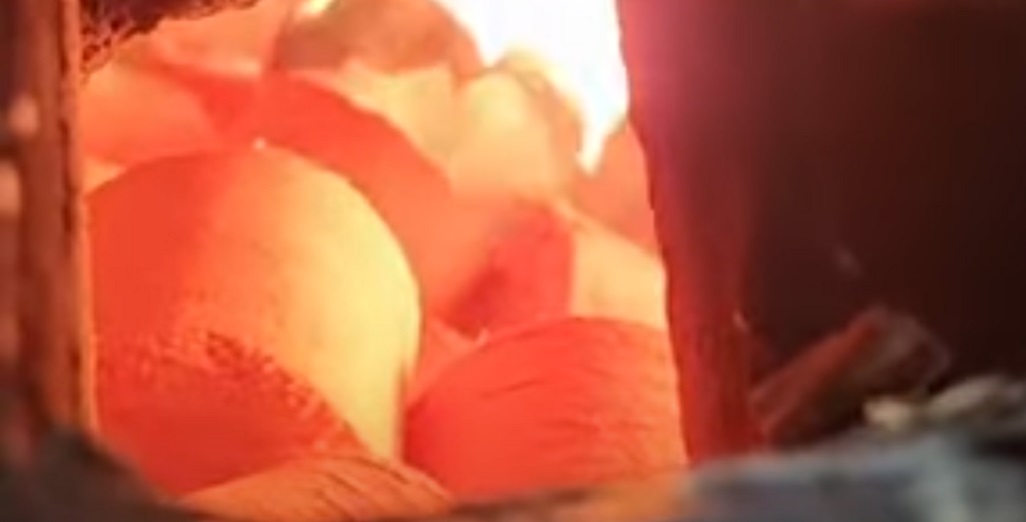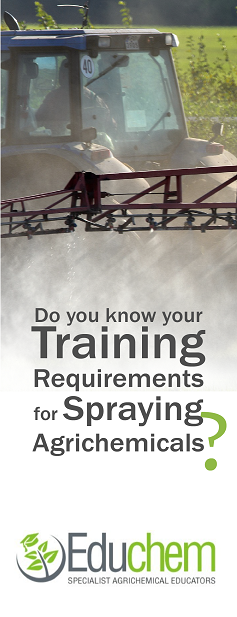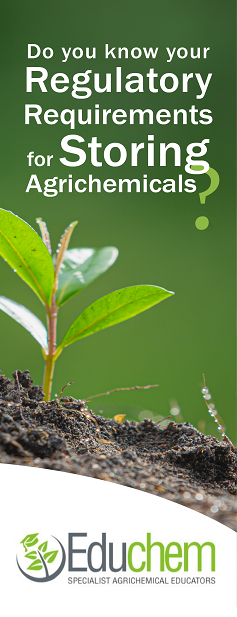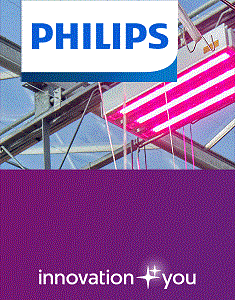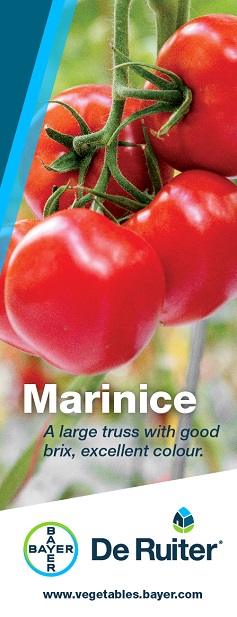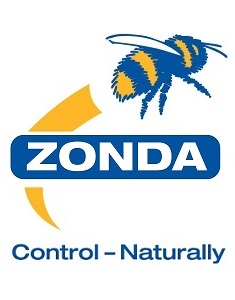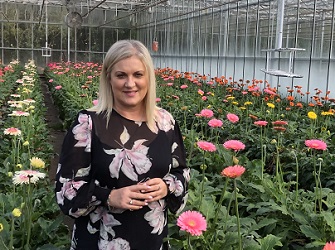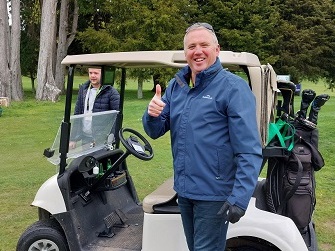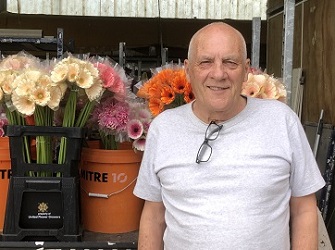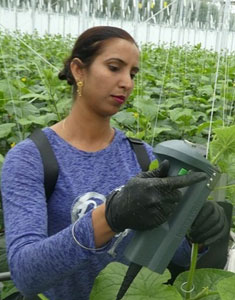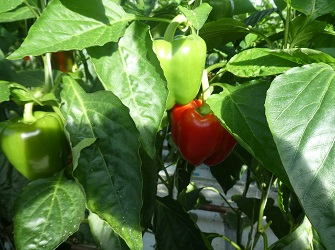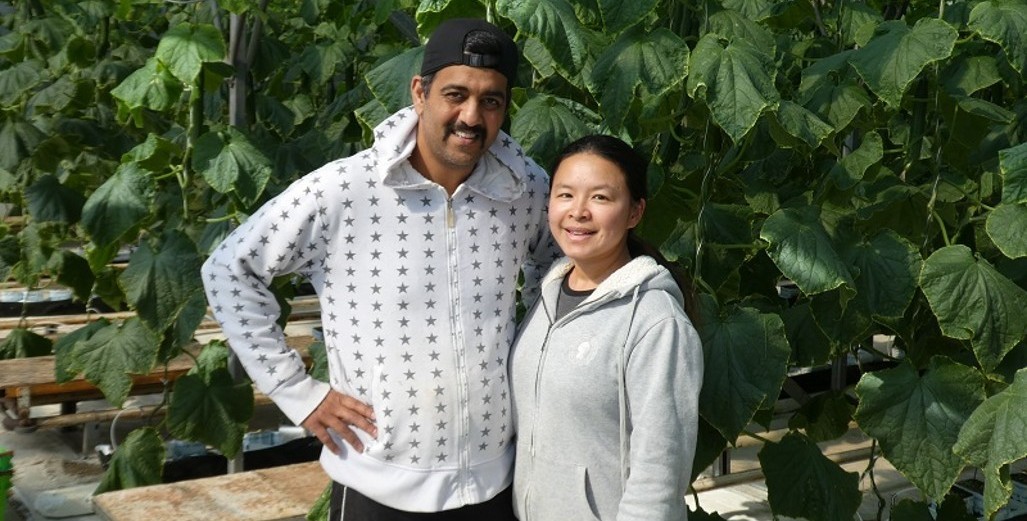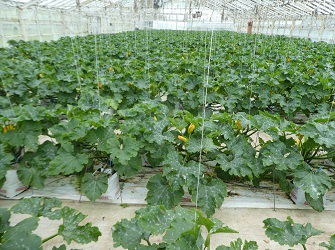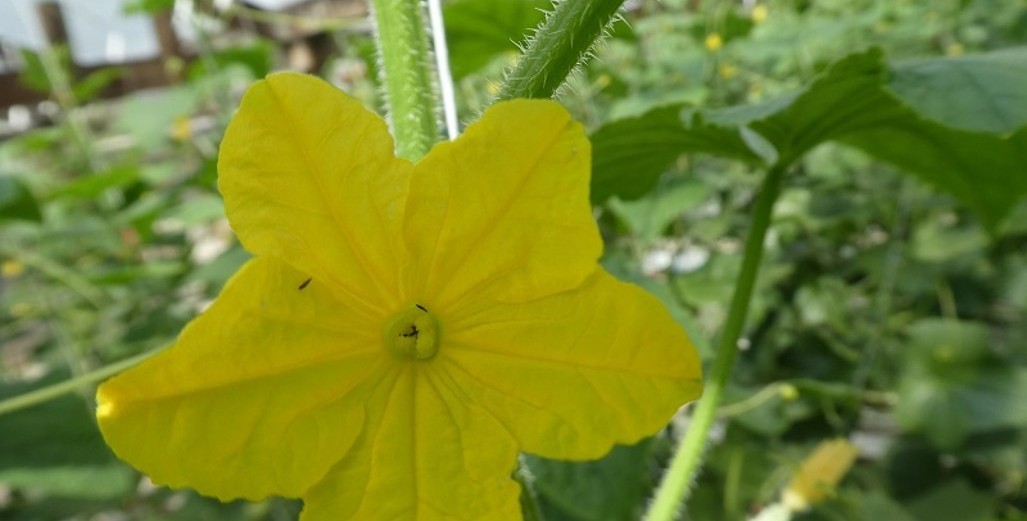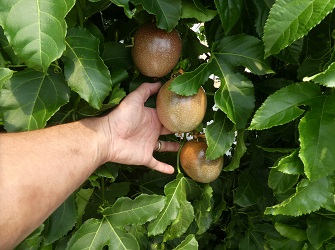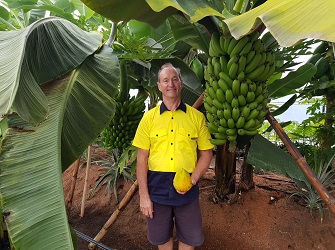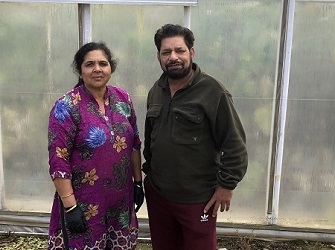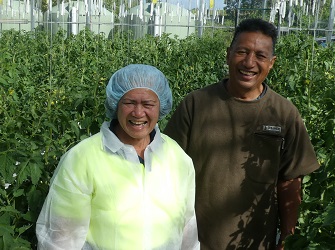Sign up here to subscribe to the Grower2grower Ezine. Every two weeks you will receive new articles, specific to the protected cropping industry, informing you of industry news and events straight to your inbox.
Dec 2024
Direct Air Capture (DAC) is now a reality— Onsite CO2 generation scalable for both large and small operations

Skytree’s Camille Hanna and Ot Messemake unveil Skytree’s potential roadmap for New Zealand growers and other industrial users of food-grade CO2.
Two weeks ago (23/11/24), I had the opportunity to attend a presentation by Skytree’s Camille Hanna Ot Messemaker from the Skytree Commercial Team at the Plant and Food Research Centre in Pukekohe. The presentation showcased innovative solutions for capturing CO₂ directly from the air. Skytree offers DAC units: one powered entirely by electricity and a hybrid model that combines electricity and heat, ideal for businesses already utilizing heating or boiler systems.
Skytree representatives visited New Zealand as part of a Netherlands Trade Mission, delivering presentations at various locations across the North Island.
Skytree’s goal is to have their units capturing ten million tons of CO2 by the year 2030.
Electric and Hybrid Stratus Units:
- Electricity only units produce up to 1000 kg/day.
- Hybrid Version – uses both electricity and another heat source. Individual units produce up to 800 kg/day.
Skytree’s ability to produce food-grade CO₂ presents a commercially viable solution for various industries that depend on high-quality CO₂ for their operations.
Capital and operational costs:
The sorbent used for CO₂ adsorption and desorption requires replacement approximately every 30 months. While minimal, this does introduce an operational cost to consider.
Based on current energy prices, the estimated cost per 1kg of CO₂ ranges between 70-90 NZ cents per kg. *Please note this is a general guideline and not a guaranteed figure; specific costs can be calculated on a case-by-case basis tailored to individual business needs.
The figures provided do not include taxable deprecation on capital spend specific to NZ’s tax system that may make this solution even more attractive. The hybrid units have a slightly different base line figure.
Currently, NZ growers using natural gas incur minimal costs per kilogram of CO₂. As the price of natural gas increases and the availability decreases, growers will be left with either growing without supplement CO2 or adapting to new technologies such as Skytree.
Everything comes down to your energy supply and cost:
Energy is always going to be in this conversation as the national electricity market is under intense scrutiny to ensure sufficient supply meets growing demand.
When these units are powered by renewable energy, they could offer one of the cleanest and greenest ways to produce CO₂. However, the product needs to be competitive compared to other forms of CO2 available in the market. Long term strategy will be required for such technology to be perused in New Zealand. I believe Skytree has huge potential and certainly deserves more than a raised eyebrow!
More from Skytree:
Our direct air capture (DAC) units capture CO2 from the ambient air and deliver the CO2 in a gaseous state at 90% purity. This CO2 can be distributed into the grow room to reach the ppm levels ideal for plant growth and allowing greenhouses to provide a consistent, on-demand source of CO2 to their growing operation. The unit does not create heat like a boiler or CHP but acts as a standalone CO2 generator. Importantly, using DAC means a reduction in CO2 emissions compared to fossil-fuel-based alternatives like burning gas or propane to create CO2.
The new pressures facing greenhouse food growers (linked article from Hortidaily)—such as rising energy costs and stricter emissions regulations—make DAC a valuable consideration. DAC technology can provide a sustainable, stable CO2 source that not only helps meet plants’ needs but also supports greenhouse operations in cutting their reliance on traditional fossil fuel-derived CO2.
The value proposition DAC offers to New Zealand greenhouses includes:
- Enhanced Yield: Elevated CO2 levels can boost crop yields by 20-40%, offering substantial productivity gains.
- Decarbonization: DAC enables greenhouses to reduce reliance on fossil-based CO2 by providing a sustainable, circular CO2 source.
Supply Security and Price Stability: DAC ensures a reliable, consistent CO2 supply at stable prices, insulating greenhouses from market volatility and potential CO2 shortages.

Image, Camille Hanna and Ot Messemake (Right)
Related Video here:
CLASSIFIED
Photo
Gallery
Subscribe to our E-Zine
More
From This Category

Phormium launches Noctis Thermo that offers energy savings of 72%.
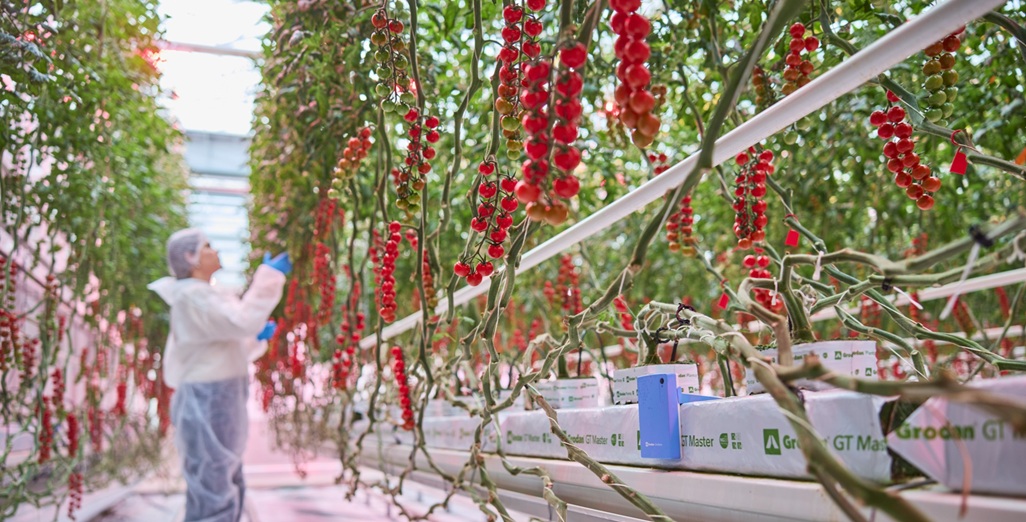
Grodan and Philips Horticulture LED Solutions demonstrate additional heat input reduction while growing very flavorful quality tomatoes
Decarbonising covered crops with low temperature geothermal resources

79.2% decrease in Emission Trading Scheme (ETS) allocations for South Auckland Cucumber Grower
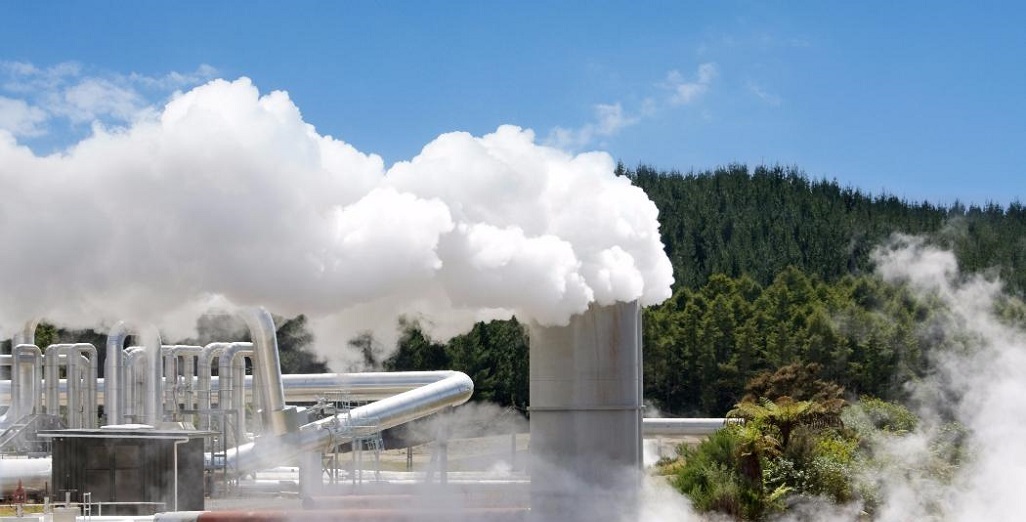
Web based tool to help growers switch to geothermal heating
